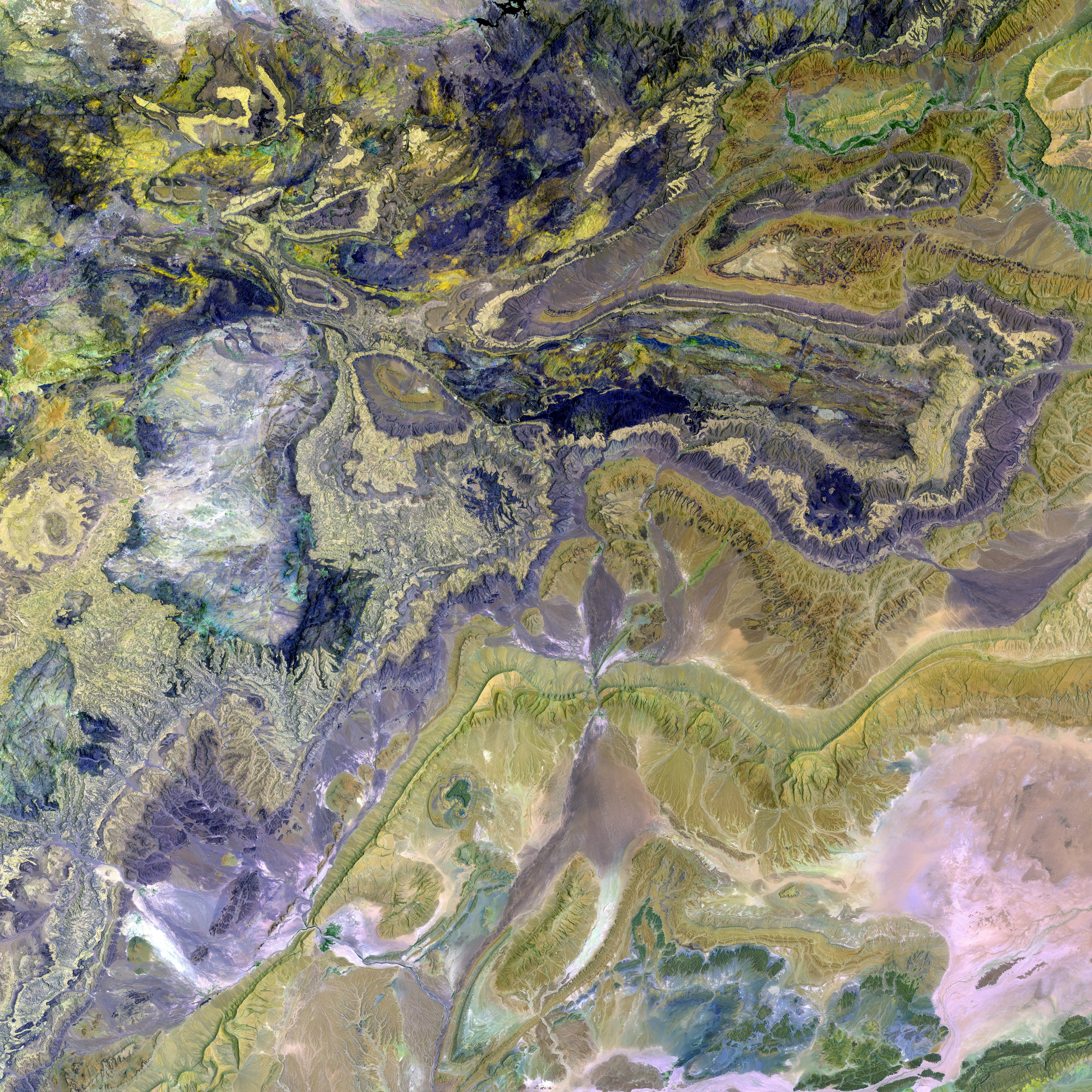Romanian Nationalist George Simion Emerges Leading Contender in Presidential Election Redo
Firebrand George Simion Surges in Romania's Political Landscape
In a stunning upset, George Simion, a vocal supporter of U.S. President Donald Trump and the leader of the far-right Alliance for the Unity of Romanians (AUR), triumphed in Romania's presidential election redo by a colossal margin. The 38-year-old politician is poised to shake up the European Union and NATO member nation's political direction in the May 18 runoff.
The political landscape of Romania took a dramatic turn last year, when a top court annulled the previous election, in which far-right outsider Calin Georgescu claimed the lead. The decision followed allegations of electoral malpractice and suspected Russian interference, vehemently denied by Moscow.
In a conversation with The Associated Press, Simion, who finished fourth in the previous race and later endorsed Georgescu, voiced his conviction that the Romanian people have finally woken up to the reality that they've been living under a facade of a democratic country for 35 years.
Who is George Simion?
Born in 1986 in Focsani, Romania, Simion gained a bachelor's degree in business administration in Bucharest and later earned a master's degree in communist-era crimes at a university in Iasi. He also had a history in soccer ultra groups.
Simion later immersed himself in civic activism, participating in protests against a contentious gold mining project by a Canadian company and lobbying for reunion with neighboring Moldova.
Establishing the AUR party in 2019, Simion guided the party to prominence when it stormed the 2020 parliamentary election, proclaiming its platform of "family, nation, faith, and freedom." The party has since doubled its support to become Romania's second largest political force in the legislature, and opposes same-sex marriage and closely aligns with the Romanian Orthodox Church.
MAGA-style Populist Agenda
Simion's political platform is characterized by a fiercely anti-establishment agenda and populist rhetoric. During the COVID-19 pandemic, his party rallied against vaccination measures and lockdowns, feeding on widespread distrust of authorities. Labeling the annulled election last year as a "coup d'etat," Simion amped up his populist rhetoric and religious messaging to capture the attention of Georgescu's supporters.
He claimed that he is running for office out of a sense of duty towards democracy, the constitutional order, and the rule of law, aiming to restore the will of the Romanian people following the 1989 revolution that toppled communism.
A Simion presidency would present unique foreign policy challenges as his activities in Moldova prompted his expulsion and multiple entry bans for allegedly trying to destabilize the country. He is also barred from entering neighboring Ukraine for "systematic anti-Ukrainian" activities. Nevertheless, he maintained that it's in the best interest of both countries to uphold good relations with them.
Controversial Statements
In March, Simion sparked a furor after making a controversial remark during a protest, suggesting that those responsible for blocking Georgescu's second bid for presidency should be "skinned in a public square." The accusation prompted prosecutors to launch a criminal probe for stoking violence. Simion defended himself by insisting that his statement was a political metaphor.
Stance on the EU and NATO
Analysts have feared that a Simion presidency would damage both the European Union and NATO, particularly in the midst of the ongoing war in Ukraine. Simion, however, dismissed the allegations as a "smear campaign" by the left and claimed Russia has been the "primary threat" to Romania for over 200 years and continues to pose a danger today. He expressed his desire for a stronger NATO presence in Eastern European nations to safeguard the region.
Although he opposes sending further military aid to Ukraine, Simion advocates for closer cooperation with the United States, particularly on matters of border security. He added that the real danger lies not in who becomes Romania's next president, but in those attempting to create distinct geopolitical blocs between the European Union and the U.S.
Rome's Take: Critics and Support
Siegfried Muresan, a Romanian member of the European Parliament, described a Simion presidency as "bad news" for Romania and the rest of Europe, accusing the AUR leader of disdain for democratic processes[4]. Muresan claimed that Simion offers no appropriate solutions to Romania's challenges and is an extremist with anti-European tendencies.
Claudiu Tufis, an associate professor of political science at the University of Bucharest, argued that allegations against Simion as an extremist or pro-Russian are overblown, pointing out that a Simion presidency may mirror the political path carved by Hungarian Prime Minister Viktor Orban [4]. Tufis expressed his reservations mostly about Simion's values, particularly his firm opposition to identity politics, which could result in aggressive stands on LGBT issues and gender-related matters.
[1] https://www.euronews.com/2022/01/20/parliamentary-elections-in-romania-haul-right-wing-politics-toward-extremism-commentary[2] https://www.reuters.com/world/europe/romania-far-right-candidate-george-simion-wins-first-round-presidential-poll-2023-04-16/[3] https://www.washingtonpost.com/politics/2023/04/16/george-simion-romania-far-right-victory/[4] https://balkaninsight.com/2023/04/17/george-simion-refusal-to-talk-with-europe-will-mark-a-new-era-in-romanias-politics-2023-04-18/[5] https://www.politico.eu/article/george-simion-right-wing-presidential-candidate-wins-romania/
- The political victory of George Simion, a Romanian politician with a Master's degree in communist-era crimes, underscores the shift in Romania's general news landscape towards the MAGA-style populist agenda.
- Amidst controversies, such as his contentious comments regarding those blocking a political rival's presidency, crime-and-justice issues are becoming central to the politics of Romania.
- Despite facing foreign travel restrictions due to his activities in neighboring countries, George Simion emphasizes the importance of maintaining good diplomatic relationships with regional powers, such as Ukraine and Russia, in his foreign policy.
- With its anti-establishment stance and anti-EU tendencies, the AUR party, led by George Simion, presents a unique challenge to the European Union and NATO, particularly during global conflicts, like the ongoing war in Ukraine.
- The ascension of George Simion to the presidency may suggest a shift towards war-and-conflicts-related politics, as seen in some European countries such as Hungary, with concerns about his hardline stance on identity politics and possible aggressive actions on LGBT issues.









